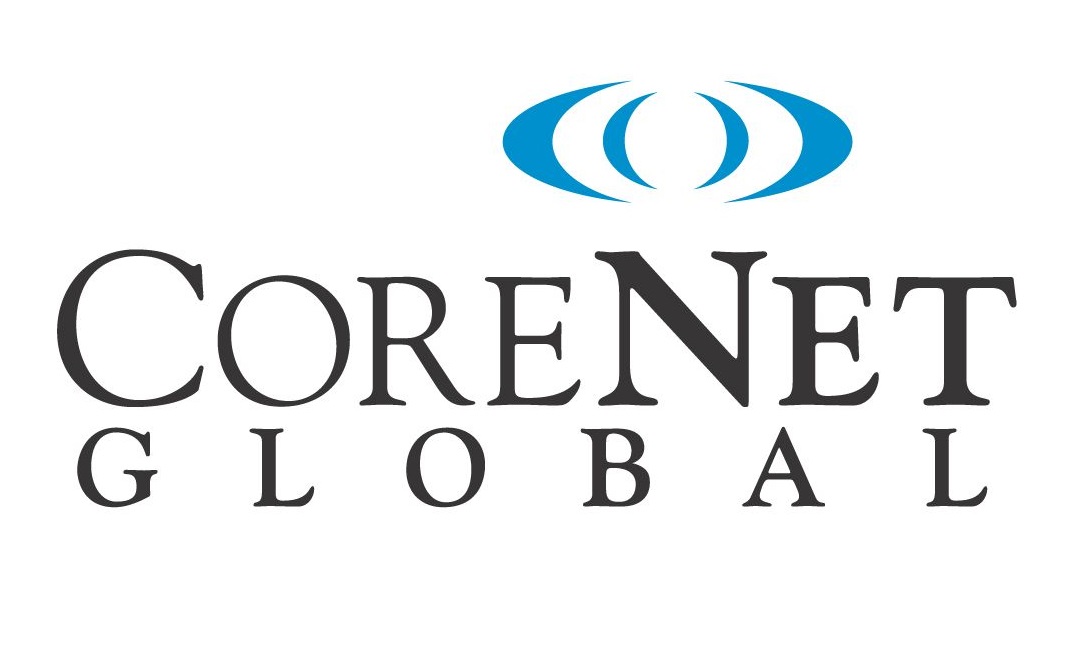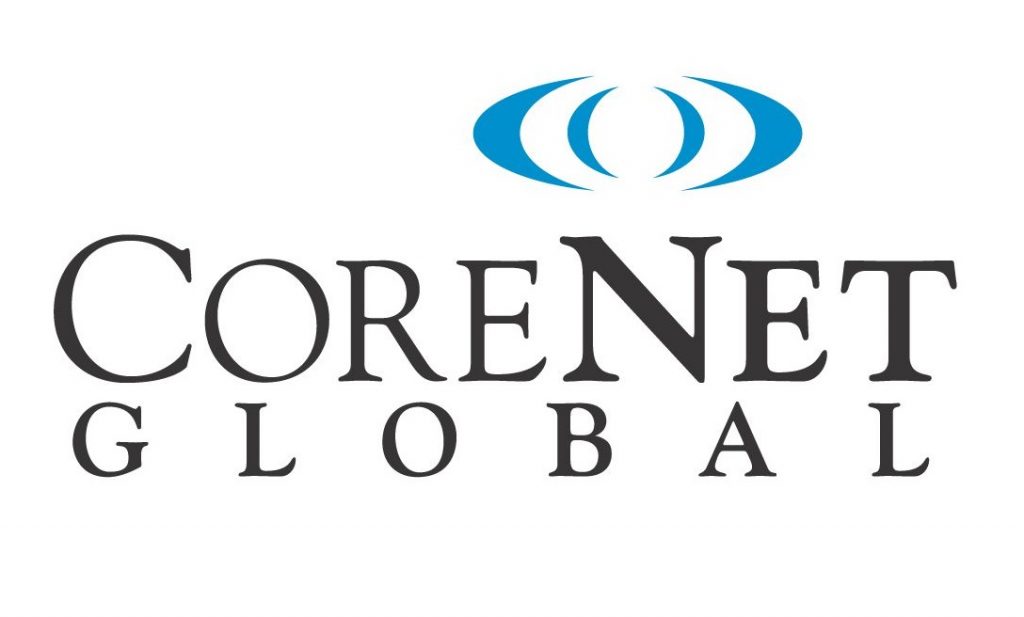
CoreNet Global has conducted a survey of its membership to gain insight into diversity, equity, and inclusion in corporate real estate (CRE). More than 400 respondents completed the survey, representing a mix of corporate real estate end users and service providers.
We believe the results demonstrate that while the corporate real estate profession has not traditionally been diverse, it is moving forward in a positive direction. Only by examining the issue and being honest with where we have been and where we are, can we implement solutions that will create greater positive change moving forward.
Angela Cain, CEO of CoreNet Global
More than two-thirds of survey respondents (68 percent) think that the CRE profession has become more diverse in general over time. Seventy-seven percent noted greater diversity in gender or gender identity, followed by national origin (63 percent), age (60 percent) and race and sexual orientation (each with 56 percent).
However, a strong majority also noted that the categories of potential discrimination — gender or gender identity, religion, sexual orientation, disability, national origin – were not applicable to them.
Reports of discrimination were common for the respondents at some point in their careers in CRE. Discrimination based on gender or gender identity was cited frequently. Seventy-four percent of respondents citing this factor say they were discriminated against in terms of compensation (e.g., probably referencing the “gender pay gap” or “gender wage gap”), followed by work assignments (cited by 67 percent), promotion (65 percent) and hiring (58 percent).
Discrimination can take other forms too, as found in these comments:
- I am a plus-sized woman in a sales role which I have felt has hindered my progression at times.
- Parental status impacts advancement and pay.
- I know that I have not been considered for jobs because I am a woman of a certain age.
- I am a single parent, so there is a perception you ‘can’t commit to certain things’.
- I do not have children, so I have been assigned work based on assumptions about the time I can dedicate to work.
Many respondents (54 percent) report that their organization has a Chief Diversity Officer, while 39 percent say their organization does not. About eight percent of respondents do not know if their organization has a Chief Diversity Officer. Of those respondents who report that their organization has a Chief Diversity Officer, slightly more say that the role is newly created than those who say the company has had the role for some time now.
Three-quarters of the survey respondents (75 percent) reported that their organizations have a diversity, equity, and inclusion (DEI) program or similar initiative. Among the balance of the survey respondents (25 percent), six percent reported that their organization does not have any formal DEI program, initiative, or policies; seven percent reported that their organizations have related policies despite not having a formal program; 4 percent stated that DEI issues are handled by HR; 3 percent reported that their companies have an internal task force related to DEI; and 6 percent were either unsure if their company has a DEI effort or preferred not to answer the question.
DEI considerations or requirements are almost always applied to talent attraction and retention (cited by 91 percent of respondents), followed by outsourcing or service providers (68 percent), procurement (64 percent) and RFPs (62 percent).

